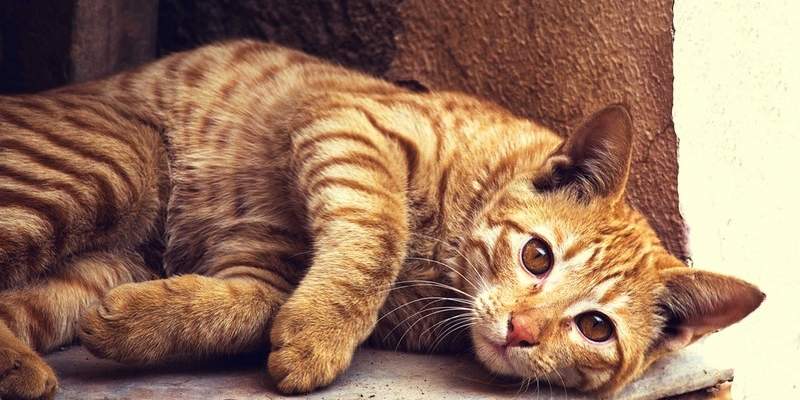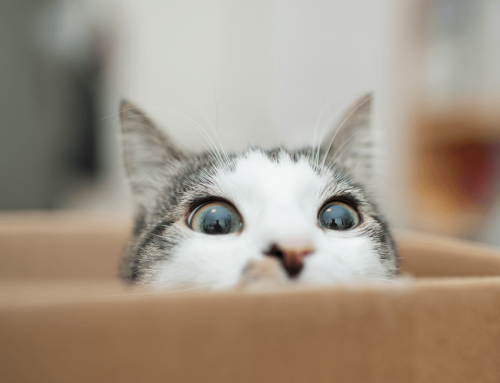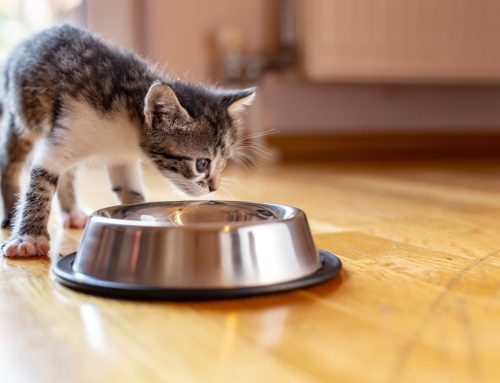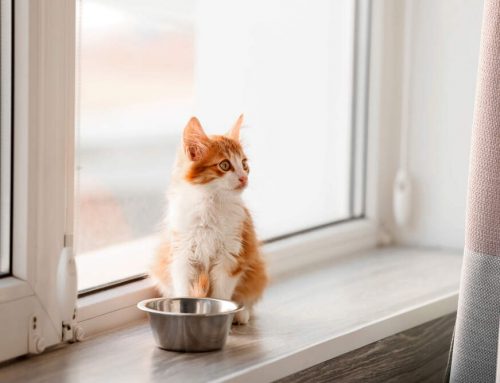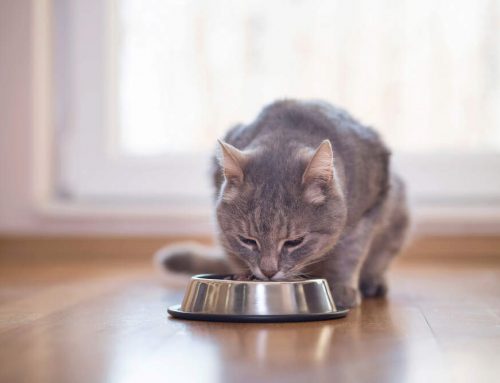Whether it’s the scent of residual kibble or something far less pleasant, caring for a cat with bad breath is a testament to unconditional pet love. The presence of bad breath in cats does not always indicate a more serious health issue, but it’s best to visit a veterinarian and maintain responsible pet care. Read on to inform yourself of potential causes of bad breath in cats, and contact a professional to figure out the best treatment plan for your cat.
Why does my cat have bad breath?
If your cat has bad breath, it may be enough to cause medical concern, or draw a wedge between you and your beloved pet. Causes of bad breath in cats include simple plaque buildup and food debris. Too much buildup can cause bad breath in cats as the result of a plaque allergy, in which the body aggressively responds to bacteria found on the teeth.
Your cat may also have bad breath due to a recent mouth injury, or tooth resorption. Younger cats can have bad breath after a baby tooth gets stuck and begins to amass bacterial buildup. Furthermore, bad breath in cats can sometimes be caused by an allergic reaction to cat food ingredients. Contact your family veterinarian to determine whether your pet needs a change in diet.
How to get rid of your cat’s bad breath:
Practice responsible cat grooming habits to avoid the buildup of plaque and tartar. Brushing the teeth a few times a week can help prevent or ameliorate bad breath in cats. New kittens will acclimate quickly to a regular grooming habit. If your pet resists teeth cleaning at home, you can try a professional cleaning or brushing a few teeth or a section at a time, spreading out the process. Toothpastes for cats with bad breath are made to be eaten, so you don’t have to worry about rinsing once the job is done.
Regardless of what causes bad breath in cats, persistent feline halitosis should not be ignored. Long-term treatment of bad breath in cats can depend on the condition that it may be associated with. Contact a vet if you notice your cat has bad breath along with any of the following symptoms:
- Excessive plaque or tartar buildup
- Loss of mouth control; drooling
- Difficulty while eating
- Inflamed gums
- Yellowing eyes
- Swollen abdomen
- Lethargy
- Lack of appetite
- Weight loss
- Pawing at the mouth
- Excessive thirst
- Excessive urination
- Sweet odor on cat’s bad breath
- Urine/ammonia odor on cat’s bad breath
- Vomiting
- Diarrhea
As humans who choose AvoDerm Natural® Pet Food know, owning a pet means being prepared to make the best choices for your furry friend. That means arming yourself with the knowledge needed to troubleshoot common food sensitivities, cat bad breath, and more. Our Revolving Menu® products are chosen to meet your pet’s needs with an enticing array of real meat tastes and grain-free recipes. Learn more about AvoDerm Natural® recipes to find out how our high quality formulas can give your cat the fresh start you didn’t know they were missing.

